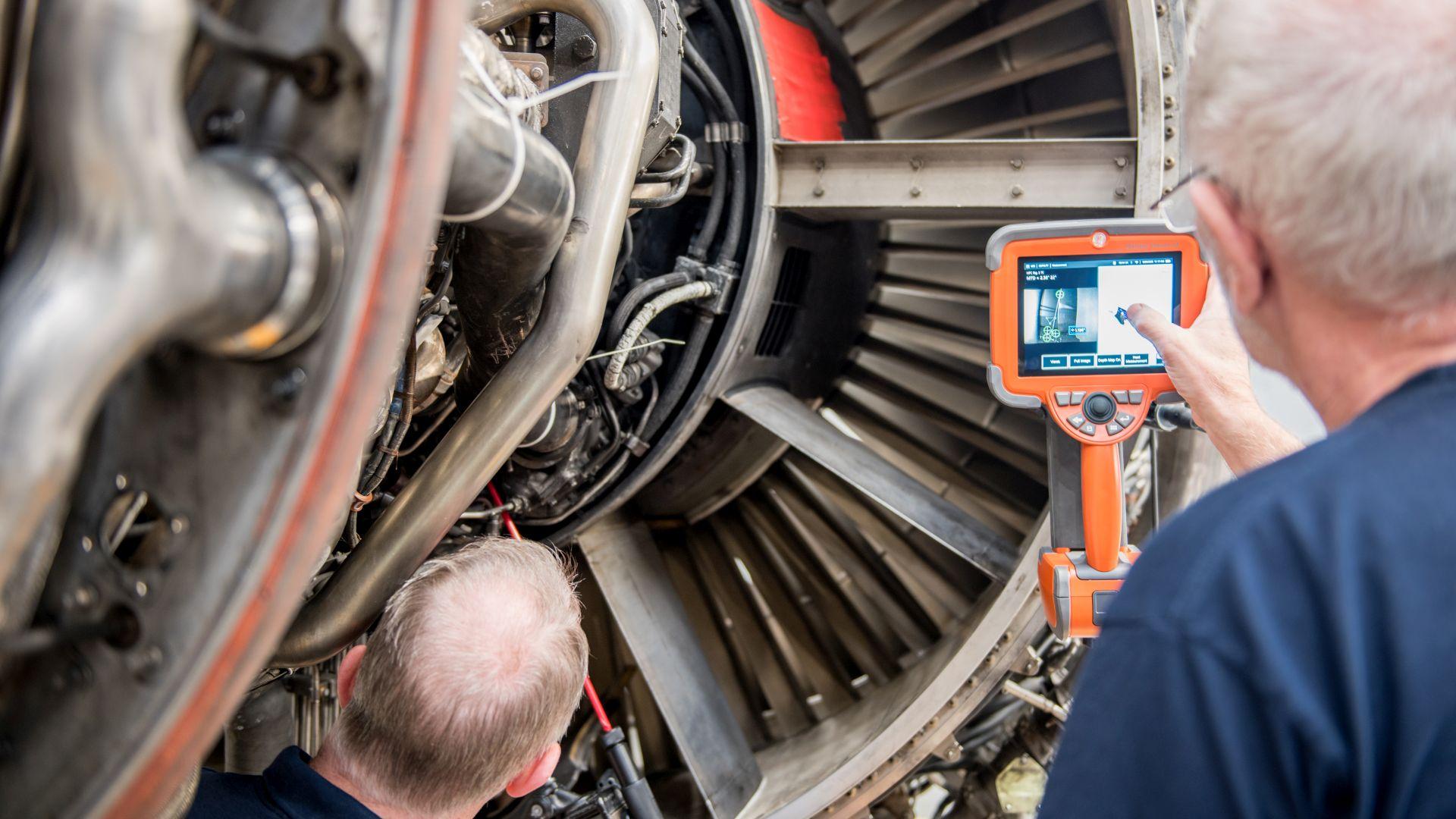
The aircraft engine overhaul market could take several years to fully recover following the aviation industry’s COVID-19 pandemic downturn, spurred by lessors and airlines looking for ways to improve revenue. However, the effect could be less severe on higher-efficiency engine models and those powering cargo aircraft.
During the “Preparing for Whatever is Next” panel at Aviation Week’s Aero-Engines Europe virtual event on Sept. 17, consultancy IBA Group noted that prior to the pandemic, it expected to see approximately 1,200 lease end dates in 2021 with approximately 70-80% of leases extended. “Our assumption now is, of the 1,200 scheduled redeliveries, we’re really struggling to think which airlines will extend any leases at all,” says Phil Seymour, president and head of advisory, IBA Group.
In addition, he notes that within the next 12 months there are around 2,600 aircraft that could come off lease, and the question now is whether the overhaul work to get those engines into redelivery condition will actually occur or whether lessors will prefer to retain cash and take engines back in an “as-is” condition. With so many variables at play, Seymour says this could have a knock-on effect into MRO shop visit projections.
“We would normally expect this year that there would be something in the order of 3,000 engine shop visits, and over the next few years we were expecting that to rise to over 4,500 engine shop visits,” he says. “But we’re now struggling to see the levels that we expected this year," and he think it could take 5-7 years until that returns.
Lufthansa Technik (LHT) predicts that it will take at least 2-3 years for the engine overhaul market to recover and an additional 1-2 years to get back to 2019 levels. “It has to be driven by full overhaul events, because volume-wise you will never achieve the old volume you had with only smaller type of work scopes or hospital shop visits,” says Marc Wilken, senior director product sales and engine lease, LHT.
He notes that LHT’s Mobile Engine Services, which include hospital shop visits, has been in high demand during the pandemic not just from airlines, but from lessors “who are increasingly involved with MRO work, maybe due to more repossessions going on in the market and more aircraft and engines being returned.” Although the crisis has impacted all aspects of LHT’s business, Wilken says the effect has been less severe for engines powering cargo aircraft such as the CF6 and for higher-efficiency engines such as the PW1100G-JM, which powers the Airbus A320neo and has been prioritized by Lufthansa Group airlines during the pandemic.
One other consideration that may actually positively affect engine maintenance demand are the impacts of storage periods on aircraft engines. “I think you may be a little bit surprised, because over the years what I’ve seen with other downturns when aircraft have gone into storage is the engines do tend to suffer during the storage period,” says Seymour. “We’ve had issues in the past with corroded linings of various modules that have driven engines off-wing and I think it’s only when we start to see significant numbers of aircraft returning [that] there will be a knock-on effect with engine performance and potential issues with eroded EGT (exhaust gas temperature) margins or more rapid degradation.” This, he says, could actually cause an increase in hospital shop visits.





